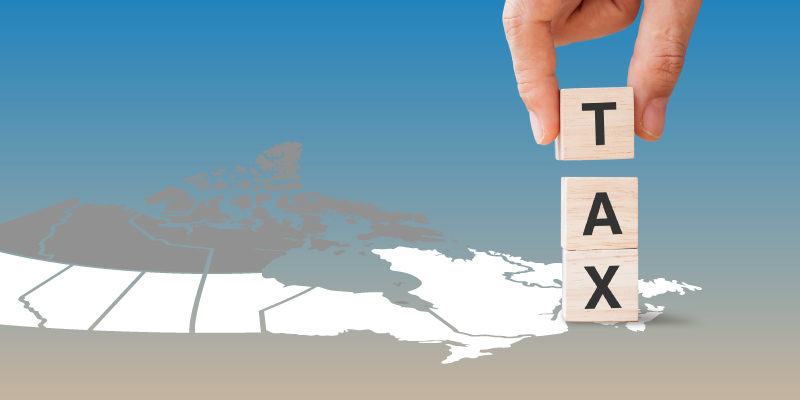Comparing Provincial Marginal Tax Rates for Middle Income Earners Across Canada finds that middle-income workers in Atlantic Canada pay much higher provincial personal income tax burdens than Western Canadians earning similar amounts. In fact, whereas Atlantic Canadian workers who earn the national average income ($52,750 in 2022) face provincial personal income tax burdens ranging from $4,463 in New Brunswick to $5,318 in Nova Scotia, workers in Western Canada earning the same amount pay provincial income tax burdens of between $2,353 in British Columbia and $3,914 in Saskatchewan.
 Read the Second Chapter - The Fiscal Impact of COVID-19 on Canada and the Provinces
Read the Second Chapter - The Fiscal Impact of COVID-19 on Canada and the Provinces Read the First Chapter - The Economic Impact of COVID-19 on Canada and the Provinces
Read the First Chapter - The Economic Impact of COVID-19 on Canada and the Provinces View the Infographic - Fiscal Impact on Canada
View the Infographic - Fiscal Impact on Canada View the Infographic - Fiscal Impact on Atlantic Canada
View the Infographic - Fiscal Impact on Atlantic Canada View the Infographic - Economic Impact on Canada
View the Infographic - Economic Impact on Canada View the Infographic - Economic Impact on Atlantic Canada
View the Infographic - Economic Impact on Atlantic Canada Read the News Release
Read the News Release






